Mental Health Therapy FAQ’s
When people hear I’m a mental health therapist, I get mixed responses. Some people ask if I’m analyzing them right then and there (which always makes me giggle) and others give a positive or negative story about a therapist they once saw. I often get some questions too, so I thought I’d compile a list of these questions so you can get to know me better, as well as learn what I do.
How did you decide to name your business Sarah Fleming Creativity and Healing?
I believe we are all wired differently. Therefore, the way we heal from our past, respond to our present, and relate to our future looks different for everyone. For some people, talk therapy suffices as a way to make shifts in these views and create emotional regulation. For others, I like to offer more creative approaches, such as art or music therapy. I also like to help people establish hobbies that allow them to use their hands, get into a mindful zone, and end with a finished product. Engaging in writing, cooking, volunteering at a local pet shelter, or anything that causes them to slow down, get outside their head, and notice the world around then, can aide in the healing process as well. I like to provide space to discuss these options, especially as they lead to a sense of well-being and fulfillment.
Do you interpret dreams?
I don’t interpret dreams but I do help clients explore the feelings they experienced during the dream. The feelings can often point to something in their subconscious that they might not be allowing themselves to feel during the waking hours.
What do people come in to see you for?
I treat people mainly for anxiety, depression, transitions (new student, new mom, divorce, etc), grief, relationship issues, disordered eating, and wholistic health. I also offer EFT Tapping for those who are interested, which can help with phobias/anxieties, trauma, pain relief, and weight loss. More on that here. I also provide life coaching which involves establishing a vision for the future, looking at self-defeating patterns that get in the way of that vision, and setting self up for success on a daily basis.
Do you like working for yourself?
Big Yes! I had early signs of entrepreneurship including starting a baby-sitters club at the age of 11 (I made myself president of course:) and always going door-to-door selling something I believed in. I’ve also had a photography business and sold macrame plant-hangers. I’ve always been self-motivated when it came to learning new things, reading, and research. It was not until working for a number of agencies that I felt powerless and frustrated when change wasn’t happening around me that it finally occurred that I could be my own boss and create an environment that aligned with my values. After that moment, there was not much deliberation. I put in my two weeks at my current job, found an office, hung my shingle, and decided I was never looking back!
Do you use personality tests?
There are some good and helpful ones out there, but the only personality test I’ve used consistently is called the Enneagram. I’ve been studying it for over 20 years and I find it’s really helpful in pointing to what motivates us and clarifying what is ego-driven versus what is authentically heart-driven.
How long have you had your own practice?
I’ve been in private practice for over 6 years and I’ve been working in the social work field for 15 years in different capacities. I’ve worked in group private practices, schools, jails, homes, medical clinics, shelters, and an addiction rehab facility.
What happens in a therapy session?
I do my best to hold space for people and meet them where they are in that particular day and moment. I offer feedback, gentle challenges, and do a lot of educating, and I always let my clients be in the driver’s seat.
What’s one thing you want all your clients to know?
They have all the answers inside and within reach. They truly do. I want to act as a space-holder, question-prompter, and educator who encourages them to come to those answers from the inside out.
What are your favorite resources and/or books?
I’m always a fan of anything by Cloud and Townsend, in particular Boundaries, Necessary Endings, and How to Have That Difficult Conversation. I'm also a fan of Waking the Tiger (Levine) and The Emotional Eater's Repair Manual (Simon). Right now I’m reading Anatomy of the Soul (Thompson) which was recommended to me by a psychiatrist friend. It’s about the connections between neuroscience and spiritual practices, rooted in a lot of Daniel Siegel’s work in the field of interpersonal neurobiology.
How do you not take work home with you/sustain yourself as a therapist?
Self-care and a great support system. I have people in my life who are able to speak truth and call me to set my own boundaries between personal and professional realms. I've also had some great therapists, spiritual directors, and coaches who have helped me establish that balance.
What's your favorite thing about being a therapist?
Maya Angelou said “There is no greater agony than bearing an untold story inside of you.” I get to help people tell their story and connect to a new narrative about themselves and how they relate to the world. I get the opportunity to never be bored or unfulfilled at the end of my day, and I continue to bear witness to the power held within the human spirit to be transformed and restored.

